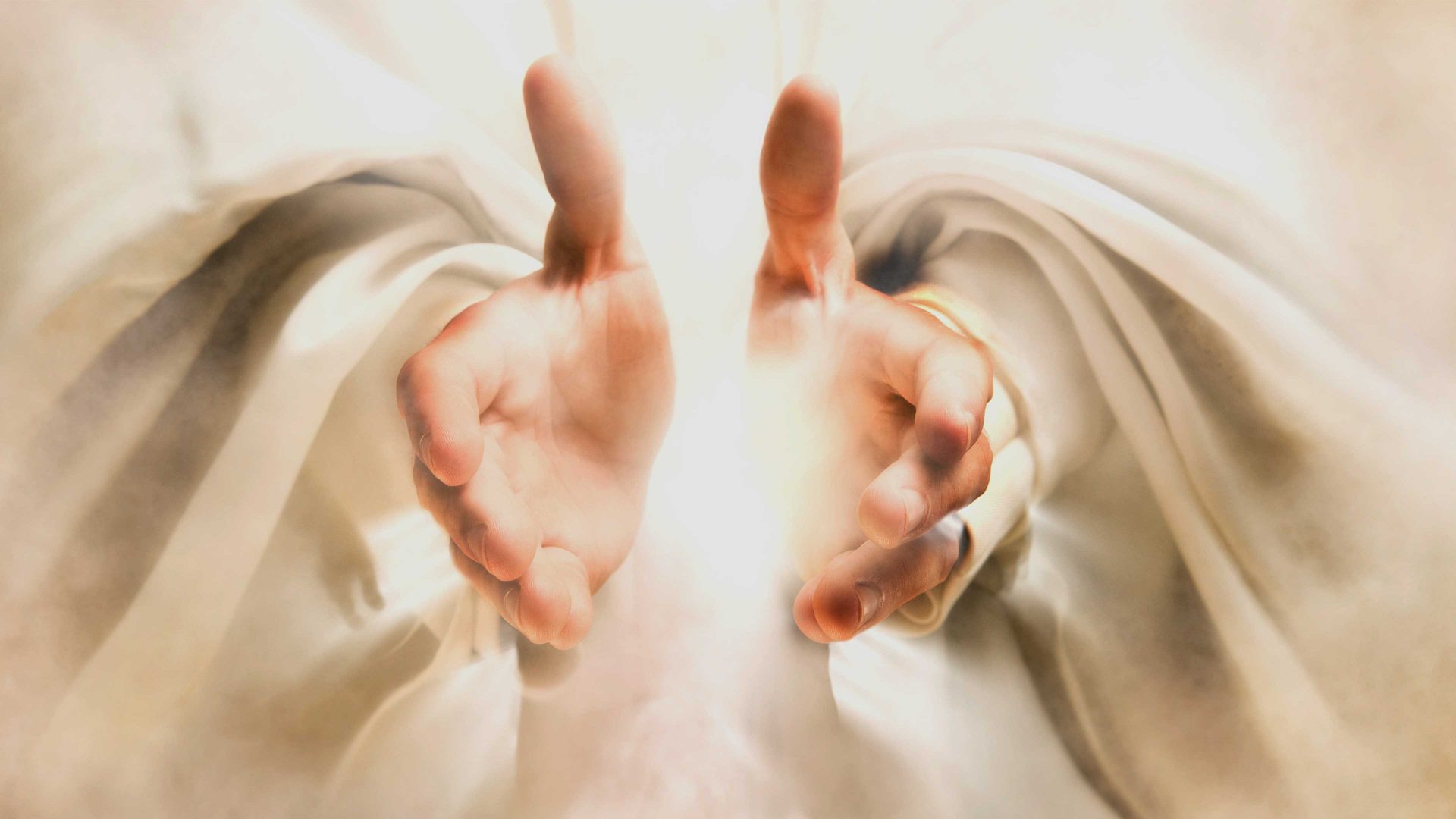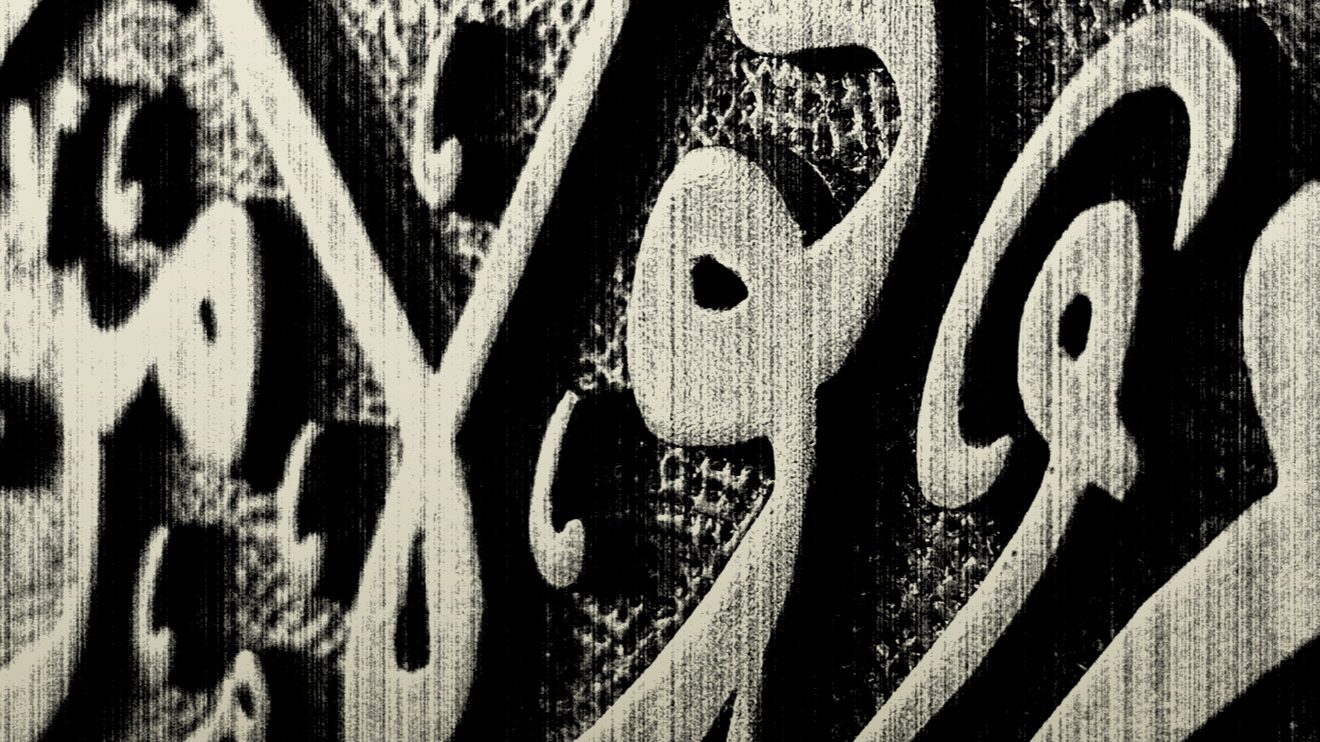The philosopher of religion Don Cupitt was 90 years old last week. His six-part BBC television series The Sea of Faith is 40 years old this year. The Sea of Faith was a remarkable series. His serious, calm voice was well-suited to this exploration of our place in the universe in an age of scepticism and nihilism. Cupitt was a Church of England priest with somewhat heretical views when he made this. He took as his starting point Malcolm Arnold’s Dover Beach, in which the poet used the retreating sea tide as a metaphor for the decline of religion in Victorian Britain:
The Sea of Faith
Was once, too, at the full, and round earth’s shore
Lay like the folds of a bright girdle furl’d.
But now I only hear
Its melancholy, long, withdrawing roar.
Over the course of the series Cupitt explored how scientific breakthroughs shifted our understanding of our part in nature, how biblical criticism demythologised the bible, making it difficult to take it literally, and how radical humanism convinced many that only human beings could be sources of value and meaning.
He went on to explain how comparative religion undermined the likelihood of Christianity providing the final word on religious questions, and to explore how the ideas of philosophers such as Søren Kierkegaard, Friedrich Nietzsche, and Ludwig Wittgenstein have contributed to our understanding of where we now stand in relation to Christian faith (or at least where viewers stood in 1984).
To get a sense of just how good The Sea of Faith is, track down episode 6, “The New World”, on YouTube. There Cupitt gives a superb introduction to some key ideas from the work of Nietzsche, whom he describes as “the chief prophet of the modern age”, and Wittgenstein, whom he takes to be a non-realist about God.
In the course of the 50-minute programme he visits the Nietzsche-Haus at Sils Maria in Switzerland, the modernist house Wittgenstein designed for his sister in Vienna, and Wittgenstein’s rooms in Trinity College. Nietzsche, through a character in Thus Spake Zarathustra declared the death of God, and this, combined with his belief that values are human creations, makes him an attractive figure for Cupitt, though he does not want to follow him into nihilism.
Wittgenstein’s provocative comment: “What is the use of studying philosophy if all that it does for you is to enable you to talk with some plausibility about some abstruse questions of logic etc, and if it does not improve your thinking about the important questions of everyday life,” also gets Cupitt’s approval, as does his later philosophy in which he focused on how meaning arises from the use of words in specific everyday contexts.
Cupitt’s non-realism about God was the shaping idea behind the series. But what precisely does “non-realism” mean here? It’s the belief that God doesn’t exist as a metaphysical being independently of us, just as Santa Claus doesn’t exist in that sense.
God is not “an objective being in a higher world”, even though until the 18th century that idea was very widely held and central to most religions.
For Cupitt, God is a human construction, the embodiment of our best aspirations. God is “the ideal to which our lives are oriented”, but not the Creator and First Cause of the Universe. To think otherwise involves belief in the supernatural and is anti-scientific about what we fundamentally are.
Religion for Cupitt is a human ethical activity, a highly creative one, a spiritual ideal, a set of life-guiding goals, but it is not founded on the existence of a cosmic Father Christmas. God “is the sum of our values, representing to us their ideal unity, their claims upon us and their creative power”.
This is a radical idea, and relatively few believers want to stomach it. Many Christians have recoiled from the suggestion that God does not exist except within human minds, but is an entity we conjure up from the flux of experience. For Cupitt, however, it was important to demythologise Christianity while preserving a broadly Christian outlook. Whether he went far enough is an interesting question.
Many of us think that once you stop believing in a realist God you are best described as an agnostic or an atheist. And if you think that we shape our lives and our values ourselves in the context of respect, and love for humanity, you are really a secular humanist – a very sensible thing to be.



